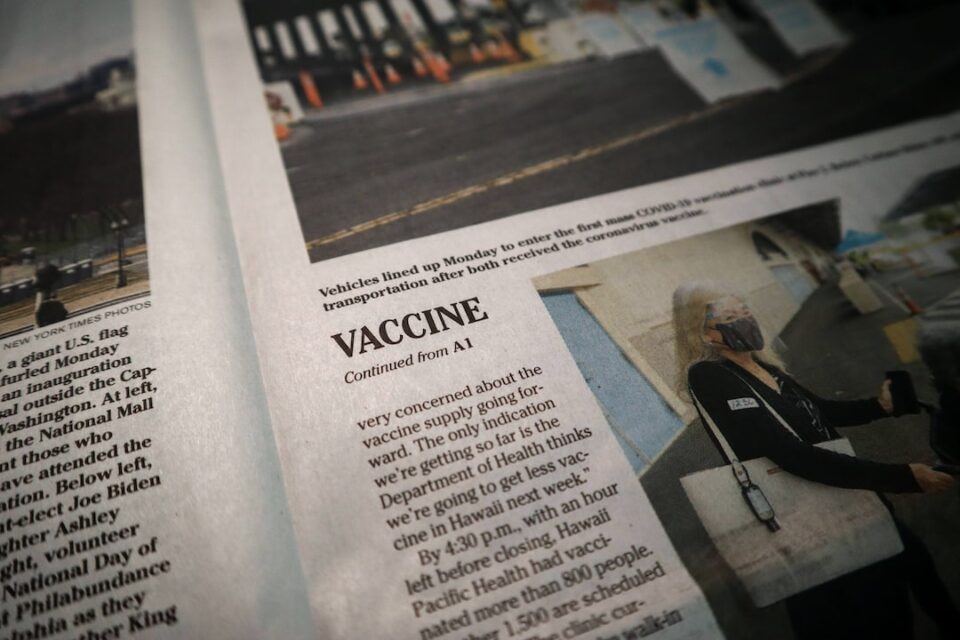The future of transportation is an exciting topic that has captured the imaginations of many. We have seen numerous advancements in recent years, from electric vehicles to autonomous drones delivering packages. But what could be in store for us in the coming years? Flying cars and hyperloop systems are just a few of the innovations that could transform the way we travel and commute.
Let’s start with flying cars. For decades, they have been a staple in science fiction films, but now they are closer to becoming a reality than ever before. Companies like Uber and Airbus are working on vertical takeoff and landing (VTOL) vehicles that could potentially revolutionize urban transportation. These flying cars would be able to take off and land vertically, minimizing the need for runways or designated landing areas. They could travel at high speeds and bypass congested roads, drastically reducing commute times.
Imagine being able to fly from one end of the city to another in a matter of minutes, bypassing traffic and congested streets. It may sound like something out of a science fiction movie, but this future might not be too far away.
Another exciting concept that could transform transportation is the hyperloop. Dreamed up by Elon Musk, this transportation system consists of a network of low-pressure tubes through which pods can travel at incredible speeds. The pods would be propelled using magnetic levitation, meaning they would float above the track, reducing friction and allowing for incredibly fast speeds.
The hyperloop has the potential to revolutionize long-distance travel, making it possible to commute between cities in a fraction of the time it currently takes. For example, a journey that currently takes several hours by car or train could be completed in just a matter of minutes with the hyperloop. This could have a profound impact on both individuals and businesses, enabling people to live further away from their workplaces and promoting economic growth throughout different regions.
While flying cars and hyperloop systems are undoubtedly exciting concepts, they are not without their challenges. The infrastructure required for these futuristic modes of transportation would need to be carefully planned and implemented. For flying cars, air traffic control systems would need to be developed to ensure safe navigation through the skies, and for the hyperloop, tunnels would need to be built to connect cities.
In addition to these challenges, there are also concerns regarding safety, cost, and environmental impact. These technologies would need to be rigorously tested and regulated to ensure they meet the highest safety standards. The cost of implementing these systems could also be a significant obstacle, as the infrastructure required would likely be substantial. Additionally, the environmental impact of these modes of transportation would need to be carefully considered, as they would need to be energy-efficient and sustainable to avoid further harm to the planet.
Despite these challenges, it is clear that the future of transportation holds incredible potential. Flying cars and hyperloops could transform the way we travel and commute, making our lives more efficient and enjoyable. As technology continues to advance and these concepts move closer to reality, it will be fascinating to see how they shape the world of transportation in the years to come.
In conclusion, the future of transportation is filled with exciting possibilities. Flying cars and hyperloop systems have the potential to revolutionize the way we travel and commute, offering faster and more efficient modes of transportation. While there are challenges to overcome, such as infrastructure, safety, and environmental concerns, the potential benefits are substantial. As we continue to push the boundaries of technology, it is only a matter of time before these innovations become a reality, transforming the way we get from point A to point B.

